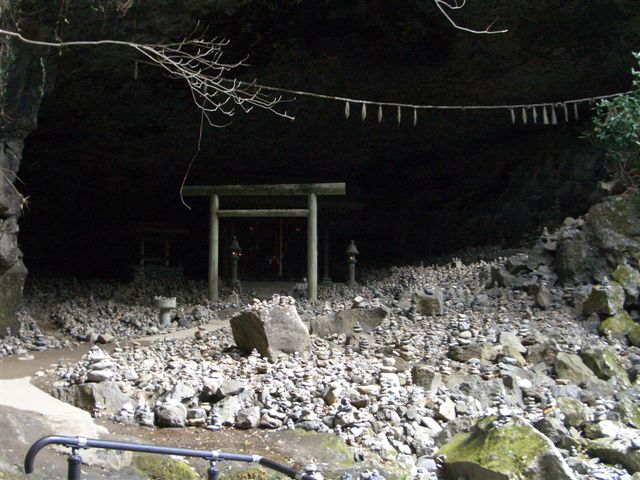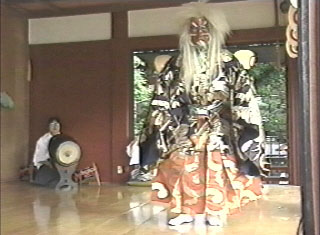Omoikane – Overcoming Numerous Difficulties with Wisdom
by Prof. Kikuko Hirafuji, director of the Institute for Japanese Culture and Classics at Kokugakuin University (article originally printed in The Japan News)
***********
Japan’s oldest book, the Kojiki dramatically illustrates the history of Japan from the beginning of the world, the appearance of the deities, to the imperial succession. Behind each impressive episode, there exist numerous “mysteries” that are yet to be solved even today. By exploring each, we will think about the origin of Japanese beliefs and culture.
There are many deities that appear in Japanese myth, but there is one of supreme wisdom who served as the advisor to the other gods. This wise god is known as Omoikane. When Amaterasu became fearful of Susanoo’s violence and hid in the Heavenly Cave, the heavens and the earth fell into darkness and numerous disasters struck. The gods gathered in Ame-no-yasu-no-kawara and listened to the wisdom of Omoikane.

Omoikane told them to make a rooster crow and hold a festival with a mirror and jewel they were to craft in front of the Heavenly Cave. Ame no uzume then danced naked, causing the gods to laugh uproariously, which led Amaterasu to open the door to the cave and finally step out. Omoikane saved the world with his brilliance.
Omoikane also was involved when Amaterasu needed to decide upon a messenger to send to demand that Okuninushi hand over of the Middle Lands of Ashihara. Attempts to decide on a messenger had failed twice, but the third time, thanks to advice from Omoikane, they selected Takemikazuchi. He was able to push forward the stalled negotiations, and Okuninushi eventually relinquished his claim to the Middle Lands of Ashihara.
Amaterasu’s Trusted Genius
The name Omoikane likely means “he who brings together the thoughts of the myriad deities.” In other words, he represents the wisdom of many gods. Amaterasu decided to send Omoikane with Hononinigi when he descended to the Earth. Omoikane was heavily relied upon to effect Amaterasu’s reign. She sent this tried-and-true god along with her grandchild to the Earth in order to govern this world skillfully.

It may seem odd that even the greatest god may fail and need to rely on other deities. This misunderstanding may come if one equates the gods of Japanese myth with the kind of god seen in monotheistic religions such as Judaism and Christianity. In these religions, there is only one god that is all-knowing and all-powerful. For this reason, even in the Hebrew Bible (Old Testament) and New Testament, there are no stories of God consulting with other gods or wise men when he is troubled. A wise being becoming counselor to the highest god is perhaps something not often seen outside of a polytheistic belief system.
***************
Kokugakuin University has been selected “as a place for the promotion of the study of the Kojiki” by the private university branding project of the Ministry of Education in 2016.

Leave a Reply